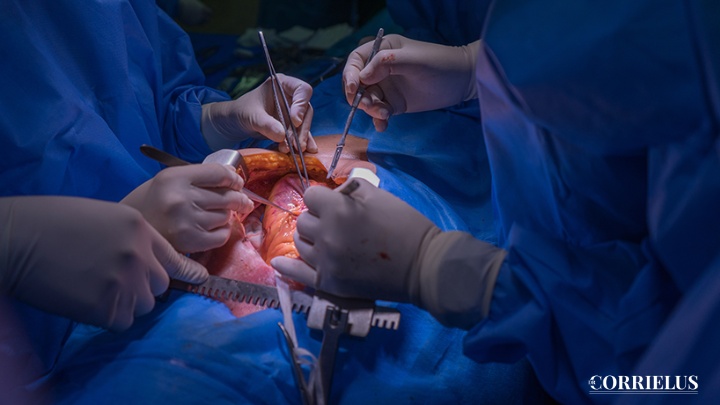Advancements in medical science have revolutionized organ transplantation, particularly heart transplants, which offer a lifeline to individuals suffering from end-stage heart failure. While the physical benefits of heart transplants are well-documented, the profound psychological effects on both recipients and donors have been largely overlooked. This article delves into the psychological dimensions of heart transplants, shedding light on the emotional upheaval, identity transformation, interpersonal connections, post-traumatic stress, and coping strategies experienced by those involved.
An Emotional Rollercoaster
The journey of undergoing a heart transplant is emotionally intense and charged. For recipients, it encompasses a range of emotions, from hope and anxiety to overwhelming gratitude. Surviving a life-threatening condition and receiving a new lease on life elicits a complex mix of emotions, including joy, relief, and at times, survivor’s guilt. It is not uncommon for recipients to experience conflicting emotions as they grapple with the paradox of being grateful for the gift of life while mourning the loss endured by the donor and their family.
A Transformation of Identity
A heart transplant often leads to a profound shift in a recipient’s sense of self. Many report experiencing a renewed purpose and an overwhelming desire to make the most of their second chance. This newfound lease on life prompts recipients to reevaluate their priorities, reconsider their career paths, and adopt a healthier lifestyle. Simultaneously, receiving another person’s heart raises profound questions about personal identity and the boundaries of the self, resulting in a period of introspection and contemplation.
The Bond with the Donor
The connection formed between transplant recipients and donors is a unique and intricate bond. Recipients frequently express deep gratitude and an ongoing relationship with the donor, even in the absence of a physical meeting. The responsibility to honor the gift of life often leads to a sense of duty and commitment. Expressing this connection takes various forms, such as writing letters to the donor’s family, participating in memorial events, or engaging in acts of kindness and philanthropy.
Coping with Post-Traumatic Stress
Although heart transplants offer a lifeline, the transplantation experience itself can be traumatic for both recipients and donors. Recipients may grapple with post-traumatic stress disorder (PTSD) symptoms due to the emotional strain and uncertainties associated with the transplant process. Recurring thoughts, nightmares, or flashbacks related to their illness or the surgery can be distressing. Donors may also experience emotional distress, particularly if the donation stemmed from a tragic event or the loss of a loved one. To facilitate recovery, comprehensive psychological support is paramount in navigating the emotional aftermath of transplantation.
Quality of Life and Adaptive Strategies
Heart transplantation significantly improves the quality of life for recipients, granting them physical abilities and freedom from debilitating symptoms. Nevertheless, adjusting to life with a transplanted heart presents its own set of challenges. Recipients must adhere to medication regimens, adhere to dietary restrictions, and manage the fear of rejection. Compliance with medical protocols and the constant monitoring of their health can be mentally and emotionally demanding. Coping strategies, including participation in support groups, therapy, and self-care practices, play a vital role in helping transplant recipients and donors navigate the complex emotional landscape.
Conclusion
While heart transplants save lives, they also trigger profound psychological transformations in both recipients and donors. The emotional journey encompasses a range of experiences, from gratitude and joy to survivor’s guilt and existential contemplation. By addressing these effects, healthcare professionals, support networks, and society as a whole can contribute to the well-being of heart transplant recipients and donors, enabling them to embrace their second chance at life with resilience and renewed purpose.
Schedule a consultation with Dr. Sanul Corrielus right away if you have questions about your heart health!



